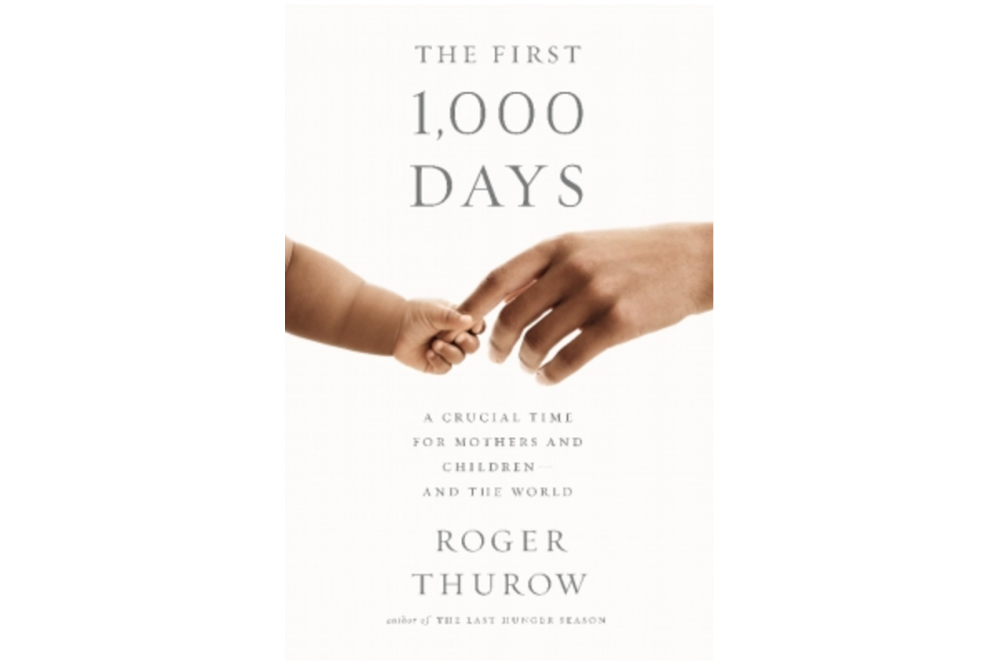“Your child can achieve great things.”
A few years ago, pregnant women in four corners of the world heard those words and hoped they could be true. Among them were Esther Okwir in rural Uganda, where the infant mortality rate is among the highest in the world; Jessica Saldana, a high school student in a violence-scarred Chicago neighborhood; Shyamkali, the mother of four girls in a low-caste village in India; and Maria Estella, in Guatemala’s western highlands, where most people are riddled with parasites and moms can rarely afford the fresh vegetables they farm.
Greatness? It was an audacious thought, given their circumstances. But they had new cause to be hopeful: they were participating in an unprecedented international initiative designed to transform their lives, the lives of their children, and ultimately the world. The 1,000 Days movement, a response to recent, devastating food crises and new research on the economic and social costs of childhood hunger and stunting, is focused on providing proper nutrition during the first 1,000 days of children’s lives, beginning with their mother’s pregnancy. Proper nutrition during these days can profoundly influence an individual’s ability to grow, learn, and work—and determine a society’s long-term health and prosperity.
In this inspiring, sometimes heartbreaking book, Roger Thurow takes us into the lives of families on the forefront of the movement to illuminate the science, economics, and politics of malnutrition, charting the exciting progress of this global effort and the formidable challenges it still faces: economic injustice, disease, lack of education and sanitation, misogyny, and corruption.
